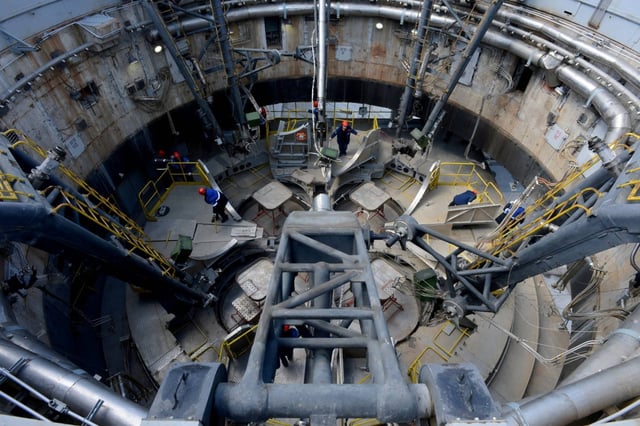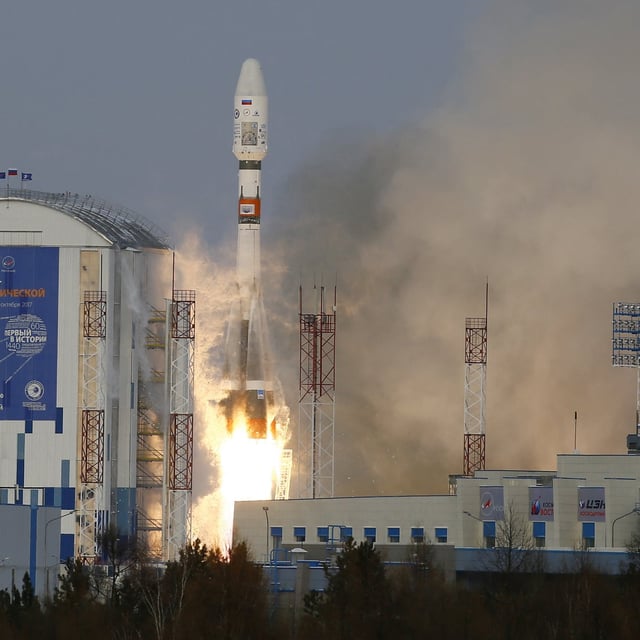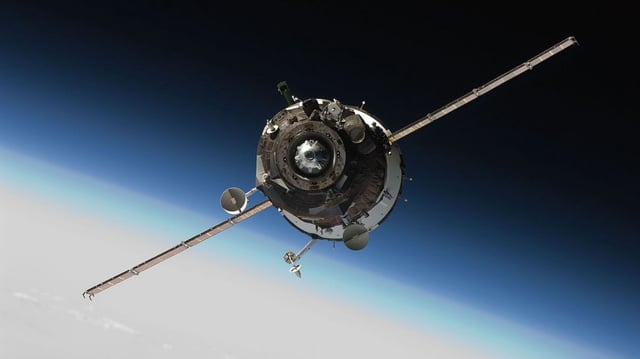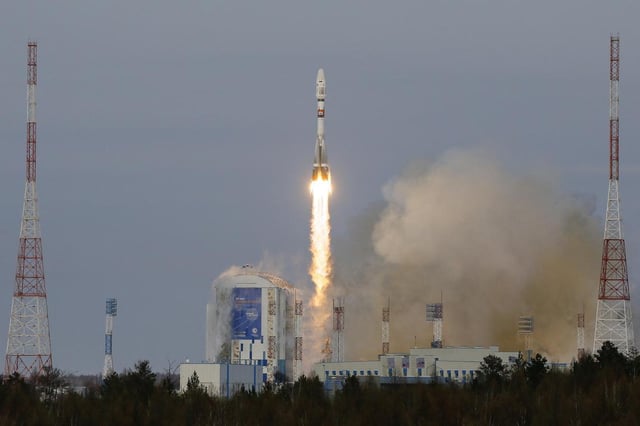Overview
- US analysts report that Cosmos 2553, a Russian satellite suspected of aiding nuclear anti-satellite weapon development, is spinning uncontrollably and likely nonoperational.
- Commercial space-tracking firms LeoLabs and Slingshot Aerospace detected erratic tumbling through radar and optical data, with some recent observations suggesting possible stabilization.
- The satellite, launched in 2022 before Russia's invasion of Ukraine, was designed for radar intelligence and radiation testing in a high-radiation orbit avoided by most satellites.
- Russia denies the satellite's connection to weaponization, asserting its mission is purely scientific, while US officials view it as part of broader military space ambitions.
- The incident underscores escalating great-power competition in space, with concerns over the militarization of orbit and the risks of miscalculation involving dual-use technologies.



